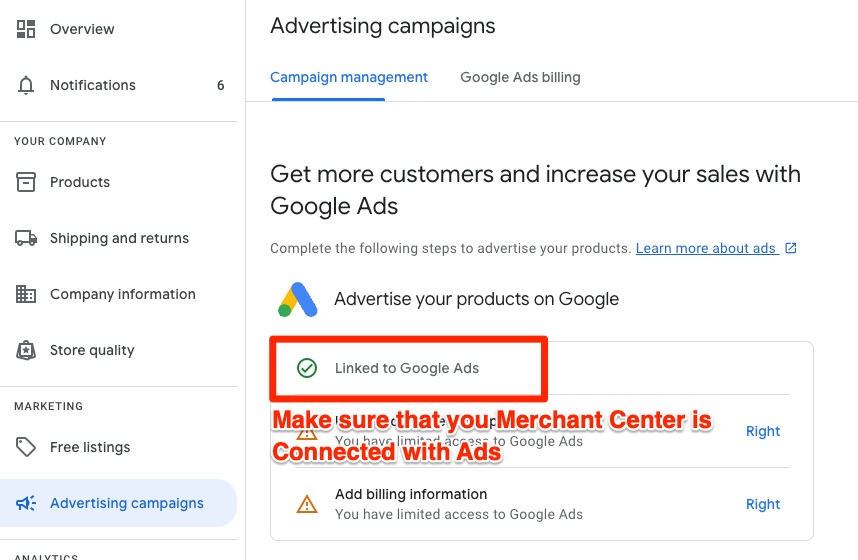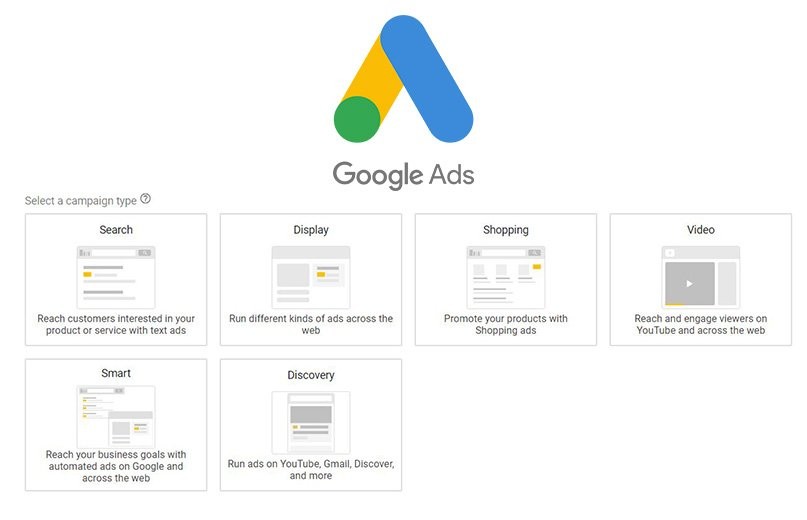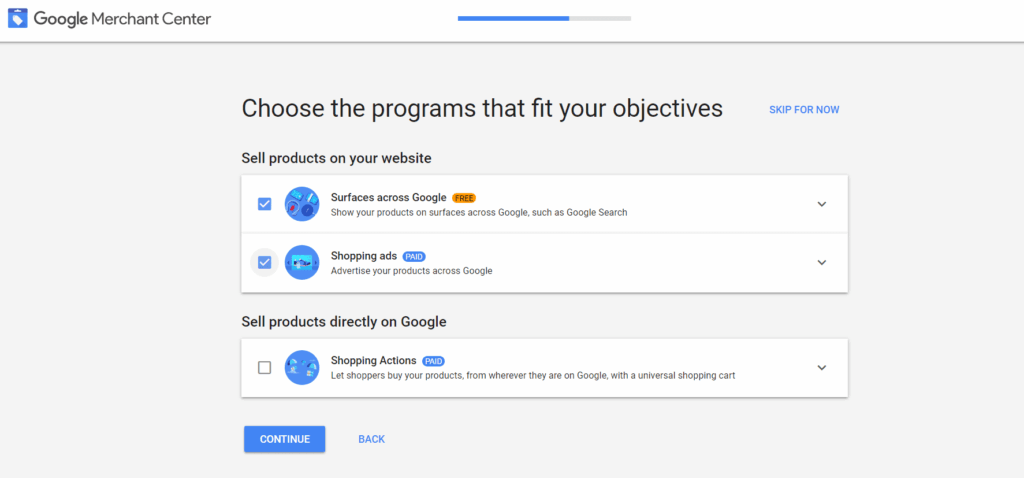How to advertise your website on google

Do you own a website but struggle to attract traffic? Advertising on Google is a powerful solution that helps you reach the right target audience effectively. In this article, Rentads will guide you through how to advertise your website on google, cost-efficient way that delivers measurable results.”
Popular Types of Google Ads Today
Currently, Google Ads offers a diverse advertising ecosystem designed to serve various industries and marketing objectives. Whether you’re selling products, offering services, or promoting an app, Google provides ad formats tailored to your goals. Below are the most popular and effective types of Google advertising today:

- Google Search Ads
- Google Shopping Ads
- Google Display Network (GDN) Ads
- YouTube Video Ads
- Universal App Campaigns
- Discovery Ads
- Local Campaigns
- Performance Max Campaigns
- Smart Campaigns
Each ad type has unique features suited to different business strategies, helping you reach the right audience and achieve your marketing goals effectively.
How to advertise your website on google

Advertising on Google is one of the fastest and most effective ways to bring your website closer to potential customers. Below is a simple, 11-step process that will guide you in setting up a successful Google Ads campaign on your own:
Step 1: Start Creating Your Campaign
Navigate to “All Campaigns,” click on “New Campaign,” then select “Create a New Campaign” to begin your journey of promoting your website.
Step 2: Define Your Campaign Objective
Choose a goal that aligns with your business strategy, such as increasing website traffic, generating leads, or driving online sales.
Step 3: Select Your Campaign Type
Choose the “Search Campaign” option to display your ads on Google’s search results page, then click “Continue.”
Step 4: Set Your Budget and Bidding Strategy
Choose your daily advertising budget. If you’re just starting, it’s recommended to use manual CPC bidding to maintain better control over your costs.
Step 5: Configure Location and Language Settings
Set your geographic targeting and preferred language to ensure your ads reach the right audience and improve your conversion rate.
Step 6: Choose the Right Keywords
Use Google’s Keyword Planner Tool to identify high-potential keywords and appropriate bid amounts. This helps your ads appear to the right users at the right time.
Step 7: Write Compelling Ad Copy
- For text ads: Create up to 3 headlines (maximum 30 characters each) and 2 descriptions (maximum 90 characters each).
- For responsive search ads: Optimize by writing up to 15 headlines and 4 descriptions. Google will automatically test different combinations to determine the best-performing version.
- Make sure your main keywords appear in both the headlines and descriptions.
- Keep your messaging concise, clear, and focused on communicating value and benefits effectively.
Step 8: Add Ad Extensions
Enhance visibility and engagement by using ad extensions such as sitelinks, phone numbers, location info, promotions, and more. Each ad group should include at least four ad extensions to maximize effectiveness.
Step 9: Optimize the Landing Page
Before launching your ad campaign, ensure your landing page meets the following key criteria:
- Matches the user’s search intent
- Loads quickly
- Displays well across all devices
- Minimizes intrusive pop-ups
- Features an attention-grabbing headline under 65 characters, including the main keyword
- Provides concise, visually clear, and easy-to-understand content
- Includes a clear and timely call to action (CTA) aligned with the customer journey
Step 10: Set Up Remarketing
Re-engage visitors who have previously interacted with your website by:
- Creating a remarketing audience in Google Ads
- Installing the remarketing tag on your website to track user behavior and display relevant ads when they browse other sites
Step 11: Measure and Optimize Your Google Ads Performance
You can track the effectiveness of your campaign through:
- Conversion reports directly in Google Ads
- Google Analytics for deeper insights into user behavior
In addition, regularly optimize your campaigns using the following tips:
- Adjust bids based on performance
- Pause keywords that are not delivering results
- Reallocate budget to higher-performing ad groups
- Exclude irrelevant search terms
- Schedule ads to run during peak hours
- Prioritize devices that generate better conversions (e.g., mobile, desktop)
- Focus on geographic locations with high conversion rates
- Update or replace ad creatives when necessary
Common Mistakes Advertisers Make When Running Google Ads
Google Ads is a powerful tool that enables businesses to quickly reach potential customers. However, without proper implementation, it’s easy to fall into basic mistakes that can significantly inflate advertising costs without delivering the expected results. Below are some of the most common errors to avoid when running Google Ads campaigns.
Assuming Google Ads Instantly Generates Sales
This is a common misconception among beginners. Google Ads helps deliver your advertising content to users who are actively searching for related products or services. Whether or not you convert these users into customers depends on several factors such as ad copy, keyword relevance, landing page quality, product value, and user experience. When these elements are well-aligned and optimized, conversions will naturally follow.
Failing to Regularly Optimize Campaigns
Every advertising campaign requires continuous monitoring, analysis, and optimization. Ignoring this process can lead to decreased performance over time. Key metrics such as Click-Through Rate (CTR), Cost Per Click (CPC), and conversion rate should be tracked consistently. This allows you to refine your ad content, bidding strategy, and targeting to maximize return on investment.
Choosing the Wrong Target Keywords
Keywords play a critical role in delivering your ads to the right audience. If you select keywords that are too broad or irrelevant to actual search intent, your ads may be shown to unqualified users. This results in low conversion rates and wasted advertising budget.
Poor Keyword Grouping
Proper keyword grouping allows you to better understand the search intent behind each audience segment. Without organizing keywords effectively, you lose the ability to personalize ad messaging, leading to generic and less compelling content. Accurate grouping also strengthens the connection between your ads and landing pages, significantly improving conversion potential.
Irrelevant or Low-Quality Landing Page
A landing page that does not align with user intent or lacks quality content can quickly drive visitors away. To support conversions, your landing page should deliver on the promise of the ad, load quickly, be mobile-friendly, and provide clear, valuable information tailored to the target audience.
Running Ads Without Understanding How Google Ads Work
Google Ads operates with complex settings and algorithms. If you don’t fully understand how the platform functions, managing ads on your own may lead to poor setup, targeting the wrong audience, or wasting your ad budget. In the early stages, it’s recommended to seek support from experienced professionals or advertising agencies to ensure your campaigns are optimized for success.
Hiring Unreliable Advertising Agencies
Some businesses, to reduce costs, choose low-cost agencies that lack experience or use black-hat techniques. This can not only damage your campaign performance but also harm your brand image or result in account suspensions. Always choose reputable agencies with proven expertise, transparency, and a clear understanding of your industry.
Advertising your website on Google is one of the fastest and most effective ways to reach potential customers. By setting the right goals, selecting relevant keywords, optimizing your landing pages, and regularly monitoring campaign performance, you can drive more traffic, increase conversion rates, and sustainably boost your business revenue.
Contact Info
You need a Facebook advertising account but don’t know any reputable provider. Coming to Rentfb is where you will experience what you need google ads account for rent prestige, high trust, and professional consulting and service support for customers.
Frequently Asked Questions
Yes. When a Google Ads campaign is properly set up with clear objectives and relevant keywords, it can attract a high volume of qualified traffic. This not only increases website visits but also improves conversion rates and drives sustainable revenue growth for your business.
To maximize results, you should select keywords that closely match user search intent, optimize your landing page according to SEO best practices, continuously monitor campaign performance, and adjust your budget, ad creatives, and audience targeting throughout each phase of the campaign.